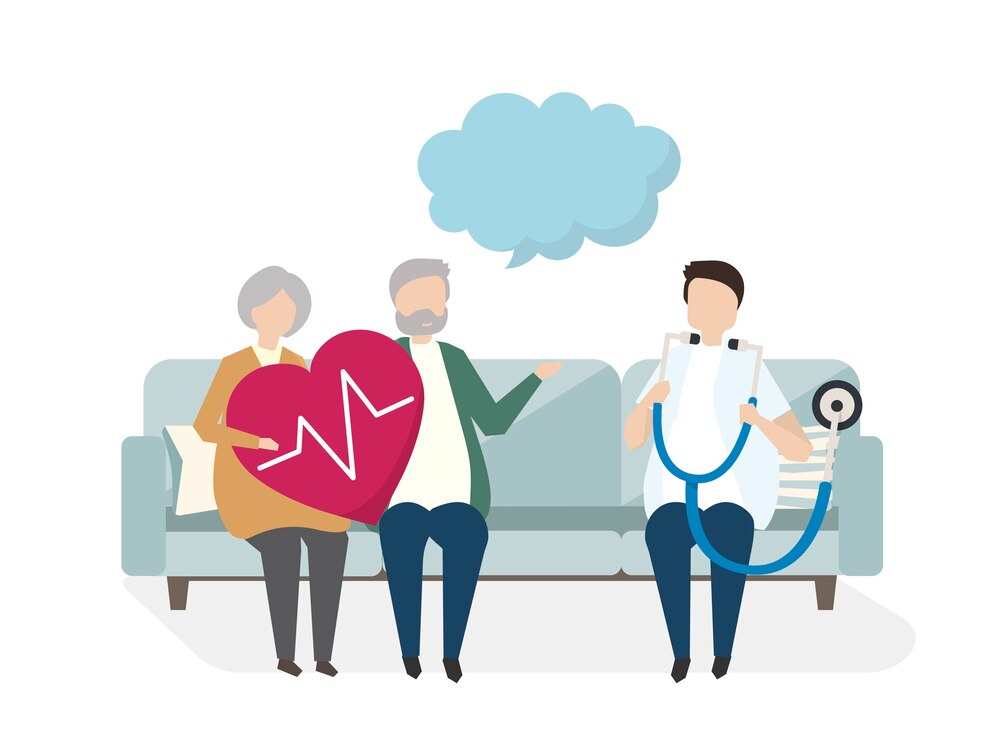
Stroke Prevention: Simple Strategies for a Healthier Life
A stroke can be a life-altering event, but the good news is that many strokes are preventable. By making some simple lifestyle changes and, if necessary, seeking medical interventions, you can significantly reduce your risk of having a stroke.
Let’s explore some effective strategies for stroke prevention that anyone can incorporate into their daily lives.
1. Maintain a Healthy Diet: Eating a balanced diet that is low in saturated fats, cholesterol, and sodium can help keep your blood pressure and cholesterol levels in check, reducing your risk of stroke. Focus on incorporating plenty of fruits, vegetables, whole grains, and lean proteins into your meals.
2. Stay Active: Regular physical activity is essential for maintaining a healthy weight, lowering blood pressure, and improving overall cardiovascular health. Aim for at least 30 minutes of moderate exercise most days of the week, such as brisk walking, cycling, or swimming.
3. Control Blood Pressure: High blood pressure is a major risk factor for stroke, so it’s crucial to keep it under control. Monitor your blood pressure regularly and follow your healthcare provider’s recommendations for managing hypertension, which may include medication, lifestyle changes, or a combination of both.
4. Manage Diabetes: Diabetes can increase your risk of stroke, so if you have diabetes, it’s essential to manage your blood sugar levels effectively. Follow your healthcare provider’s recommendations for diet, exercise, medication, and regular monitoring to keep your diabetes under control.
5. Quit Smoking: Smoking significantly increases the risk of stroke and other cardiovascular diseases. If you smoke, quitting is one of the best things you can do for your health.
Seek support from friends, family, or healthcare professionals to help you quit for good.
6. Limit Alcohol Consumption: Drinking too much alcohol can raise blood pressure and increase the risk of stroke. If you choose to drink, do so in moderation.
That means up to one drink per day for women and up to two drinks per day for men.
7. Seek Medical Treatment for Atrial Fibrillation: Atrial fibrillation (AFib) is a heart rhythm disorder that can increase the risk of stroke. If you have AFib, work closely with your healthcare provider to manage the condition and reduce your risk of stroke with medications or other interventions.
Conclusion:
Preventing a stroke starts with making healthy lifestyle choices and managing any underlying health conditions. By following these simple strategies, you can significantly reduce your risk of experiencing a stroke and enjoy a longer, healthier life.
To seek medical advice, always consult a Doctor. Here are our recommended experts. Click here
To read more on Stroke. Click Here


